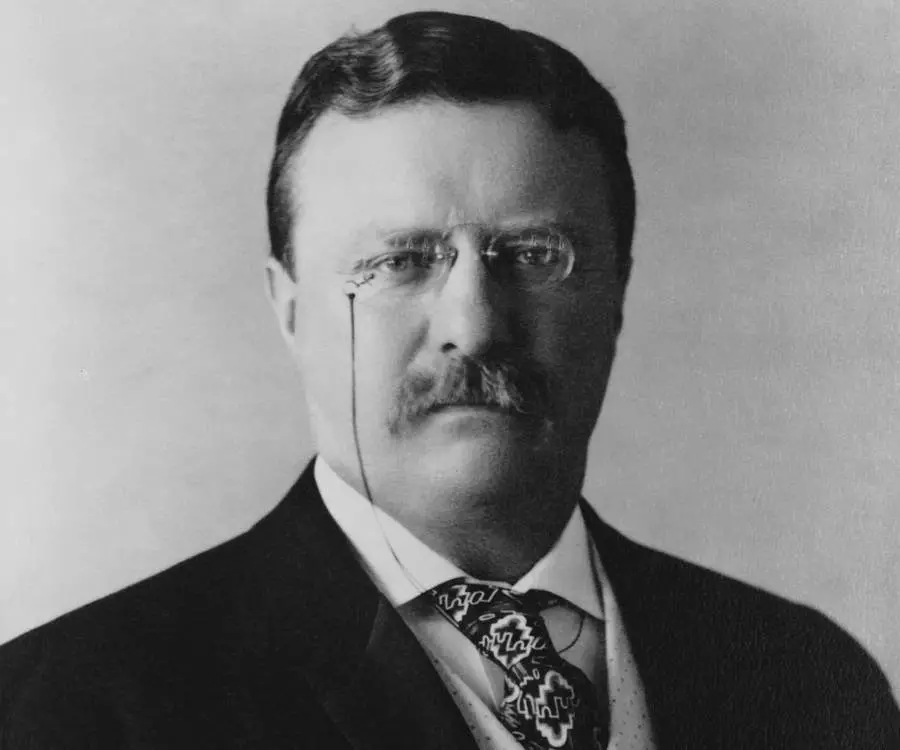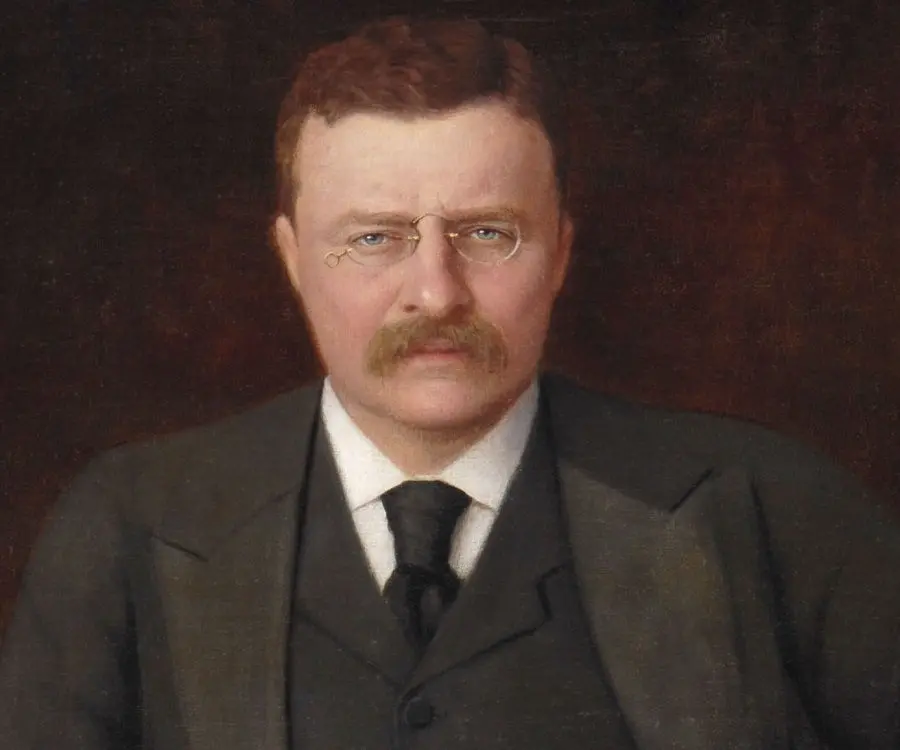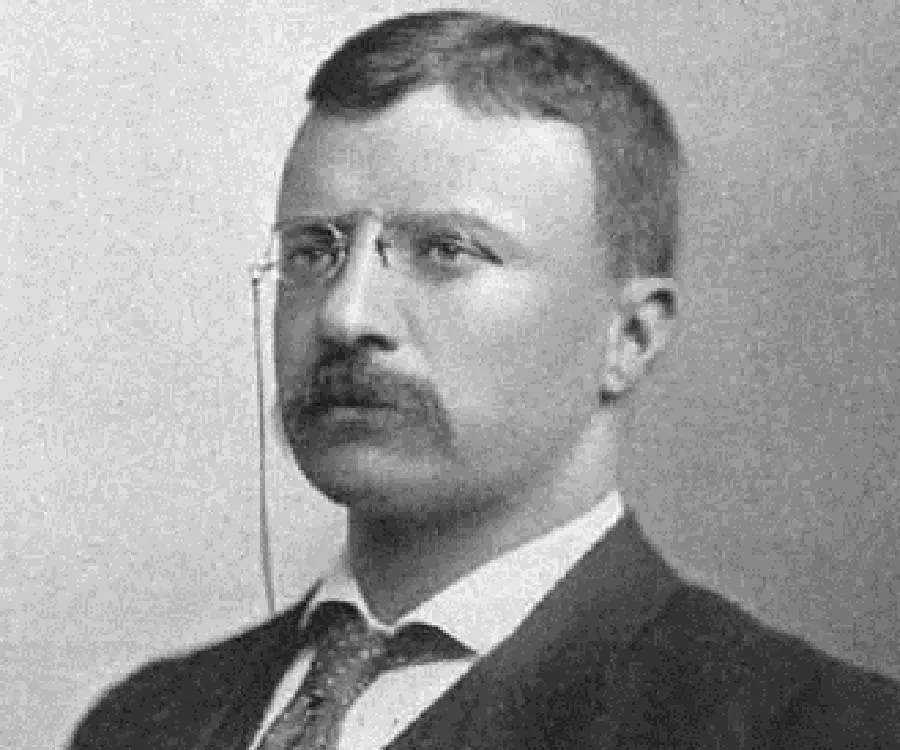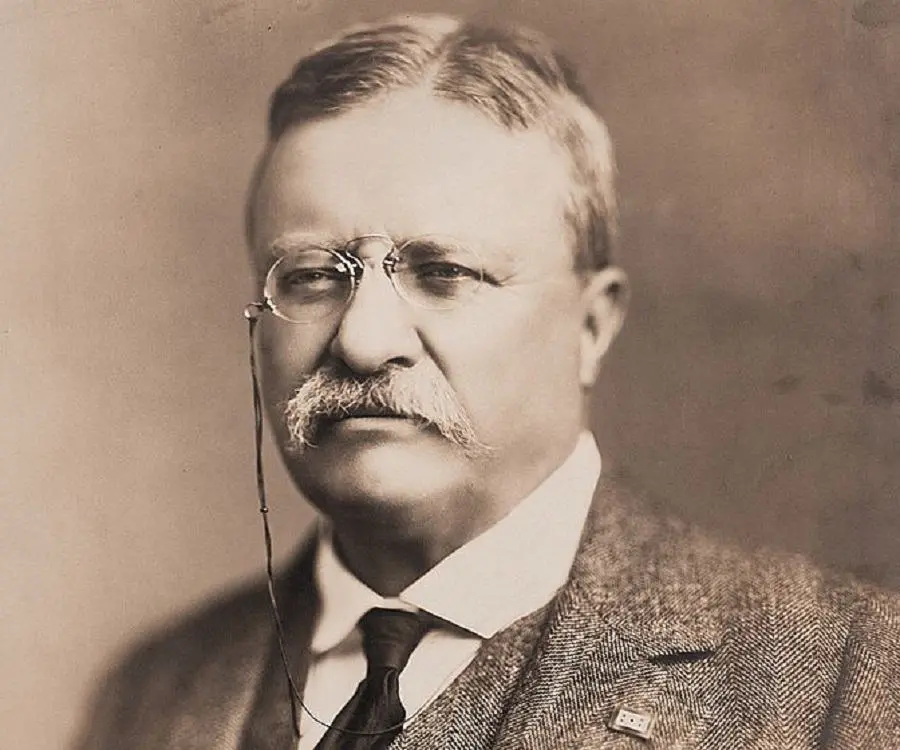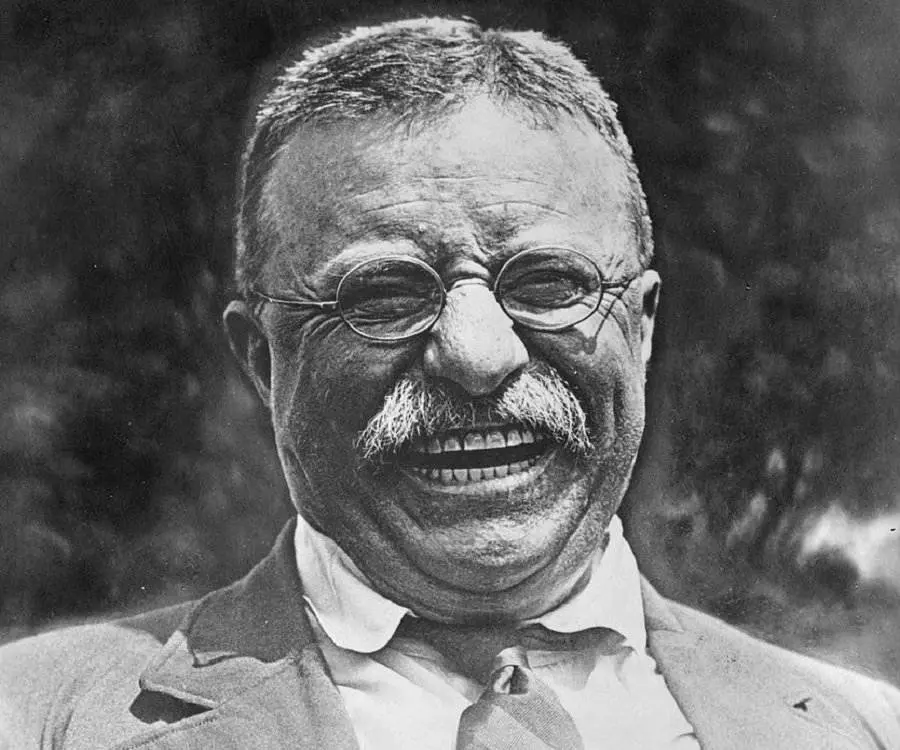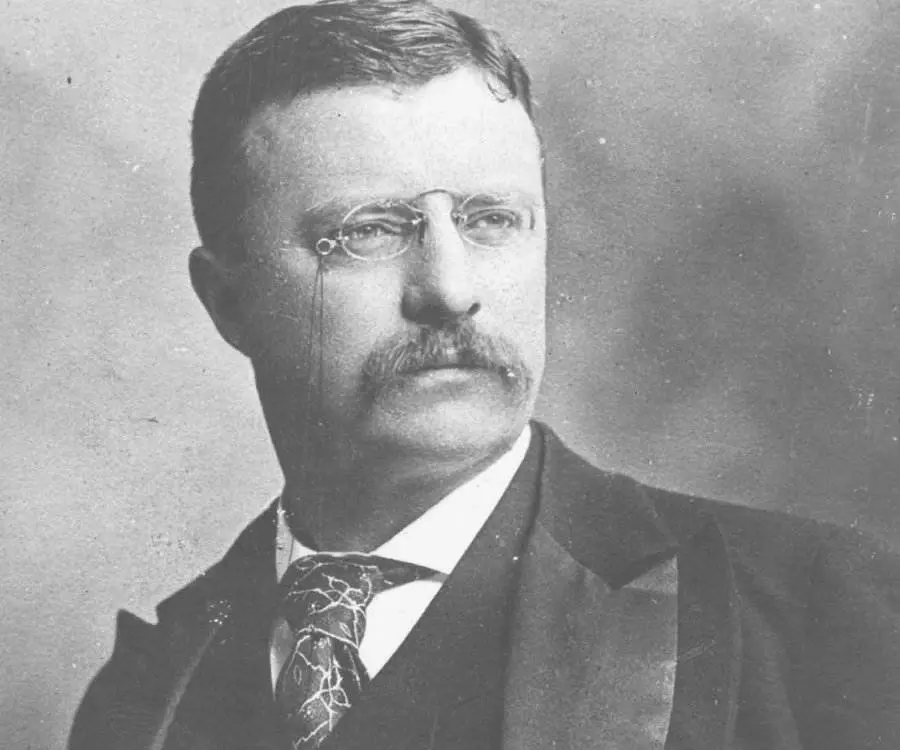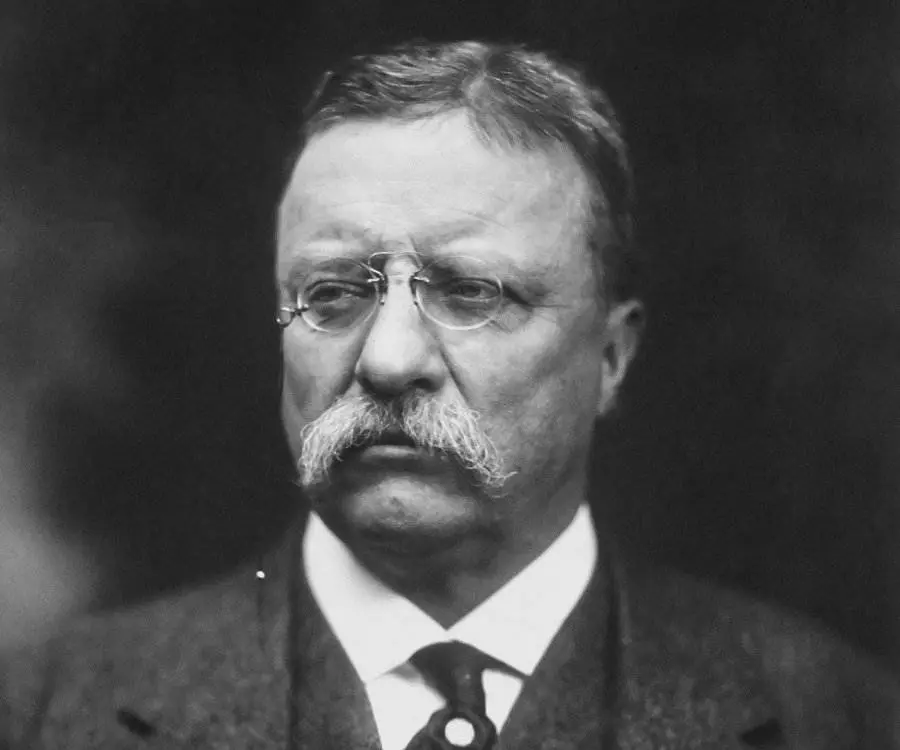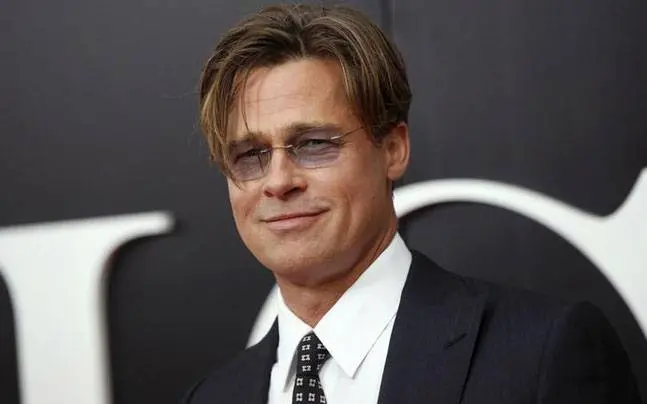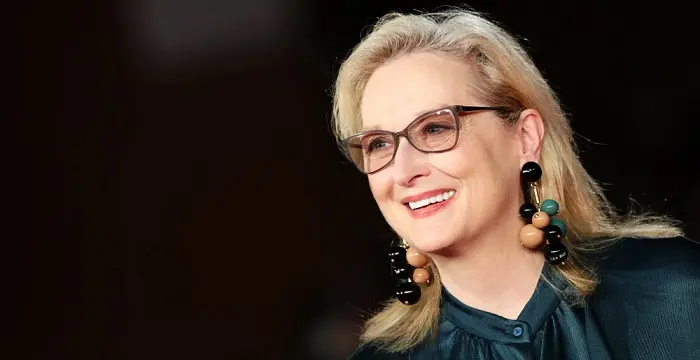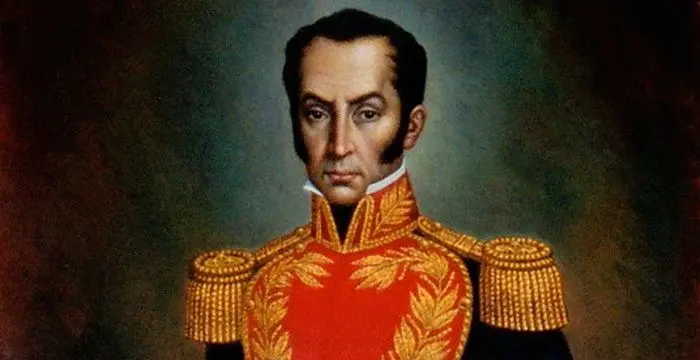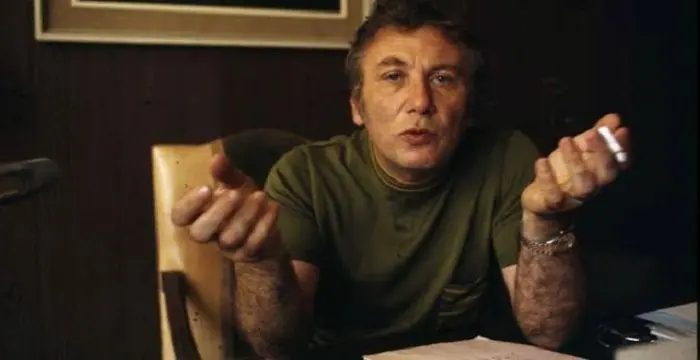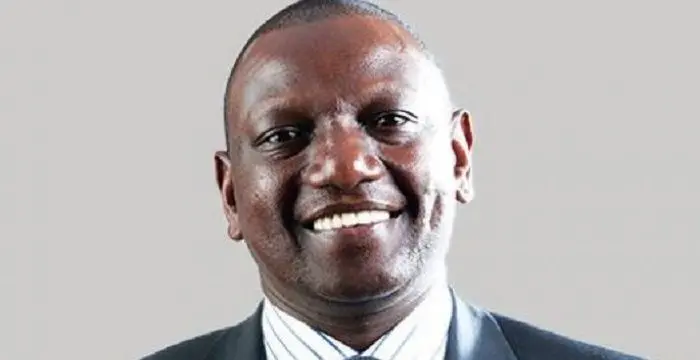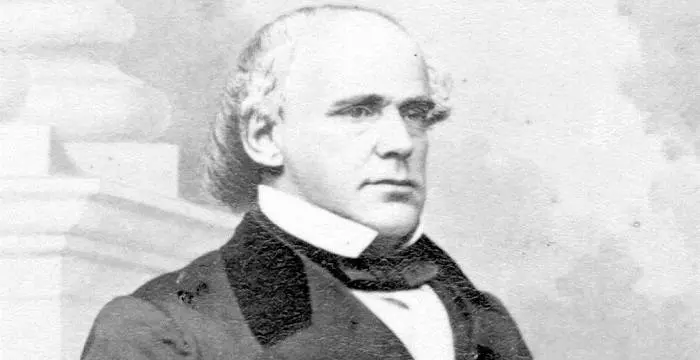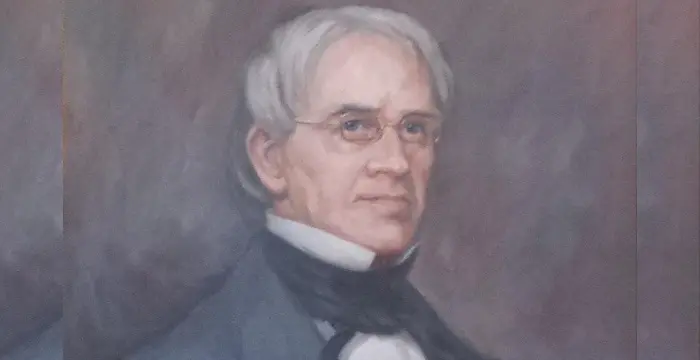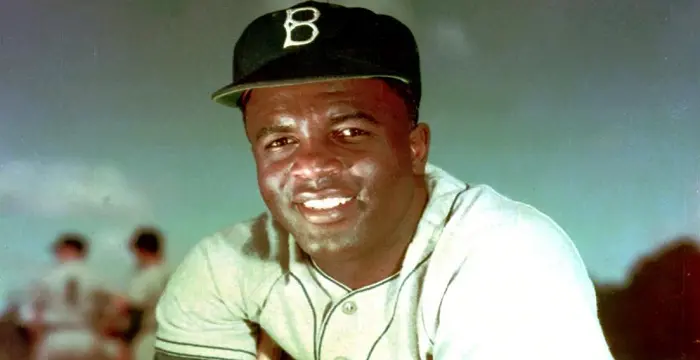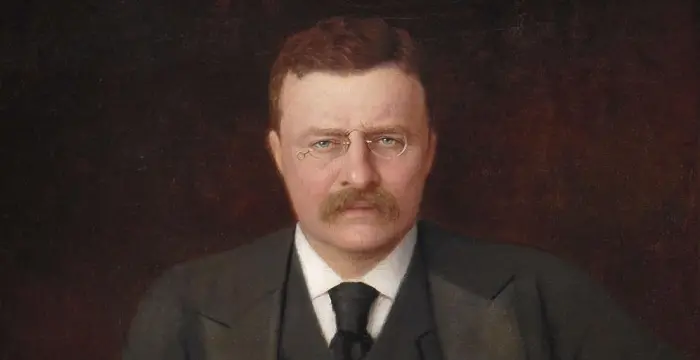
Theodore Roosevelt - 26th U.s. President, Facts and Personal Life
Theodore Roosevelt's Personal Details
Theodore Roosevelt was the 26th President of United States of America
| Information | Detail |
|---|---|
| Birthday | October 27, 1858 |
| Died on | January 6, 1919 |
| Nationality | American |
| Famous | Nobel Peace Prize, Environmentalists, Republicans, Harvard University, Leaders, Political Leaders, ESTP, 26th U.s. President |
| Ideologies | Environmentalists, Republicans |
| Spouses | Alice Lee (1880–1884), Edith Carrow (1886–1919) |
| Siblings | Bamie Roosevelt, Corinne Roosevelt Robinson, Elliott Roosevelt I |
| Known as | Theodore Roosevelt |
| Childrens | Alice, Archie, Ethel, Kermit, Quentin, Theodore |
| Universities |
|
| Notable Alumnis |
|
| Birth Place | New York City |
| Political Ideology | Republican |
| Religion | Dutch Reformed |
| Gender | Male |
| Father | Theodore Roosevelt Sr. (1831–1878) |
| Mother | Martha |
| Sun Sign | Scorpio |
| Born in | New York City |
| Famous as | 26th U.S. President |
| Died at Age | 60 |
Theodore Roosevelt's photo
Who is Theodore Roosevelt?
Theodore Roosevelt was one of the most eminent politicians of United States who went on to serve as the 26th President of the country. It would be surprising to know that during his early days, Roosevelt primarily remained sick with asthma attack and chronic illness and was advised to take up desk job to live a healthy and long life. Interestingly, he lived up till 61 years of age and all through remained hyperactive with his political pursuits. Had it not been for his willingness to go beyond the boundaries America would not have had its first ever truly modern President. Roosevelt, during his term in office, changed what it meant to be a President by expanding the power of the presidency, through his proclamations, acts and policies. It was his foresightedness that allowed America to enter the new century with newer vision and greater power. During his rule, the country transformed much, dealing with several issues related to civil rights, racial discrimination and women suffrage. Adorned with two of the highest decorations, Nobel Peace Prize and Congressional Medal of Honor., Roosevelt was one of the most significant leaders of America who changed the face of the nation throughout the world. With this article, learn some more interesting facts about this charismatic and exuberant personality.
// Famous Leaders
Edi Rama
Edi Rama is the current Prime Minister of Albania. Check out this biography to know about his childhood, life, achievements, works & timeline.
Tecumseh
Tecumseh was a Native American leader of the Shawnee clan. This biography profiles his childhood, life and timeline.
Khalifa bin Zayed Al Nahyan
Sheikh Khalifa bin Zayed Al Nahyan is the current President of the United Arab Emirates (UAE). Check out this biography to know about his birthday, childhood, family life, achievements and fun facts about him.
Childhood & Early Life
Theodore Roosevelt Jr was born to Theodore "Thee" Roosevelt Sr. and Martha "Mittie" Bulloch in New York City. He was the second of the four children born to the couple.
Nicknamed Teedie, much of his early years were inflicted with illnesses and bouts of asthma attack. However, he was hyperactive as a child and did not let his illness dominate. He trained himself at boxing to enhance physical strength.
He developed a lifelong fantasy for zoology when he was seven. After being homeschooled, he enrolled at the Harvard College in 1876 from where he graduated with a magna cum laude in 1880.
He took admission at Columbia Law School but did not show much interest in legal career. As such, when he was offered a chance to run for New York Assembly, he immediately agreed, dropping out of college in 1881.
Career
He remained a member of the New York State Assembly for three consecutive years, from 1882 to 1884 and was the youngest ever to serve the position. He served various public service positions including captain of the National Guard and minority leader of the New York Assembly.
The tragic death of his mother and wife in 1884 led him to move over to the Dakota Territory. After a brief period of hiatus, during which time he worked as a cowboy and cattle rancher, he returned to politics in 1886.
In 1886, he ran for the New York Mayorship elections as a Republican candidate but lost the same to the Democratic candidate Hewitt.
Unaffected by the loss, he continued to pursue a career in public service. In 1888, he was appointed to the United States Civil Service Commission, where he served until 1895.
He became president of the board of New York City Police Commissioners in 1895 and during his two-year stint radically reformed the police department, which was considered as one of the most corrupt in America.
In 1897, President William McKinley appointed Roosevelt to the post of Assistant Secretary of the Navy. He played a significant role in preparing the Navy for the Spanish-American War.
His interest in the Spanish-American War led him to give up on his governmental post and organize a voluntary cavalry, which he named Rough Riders. He served as the Colonel for the Regiment.
The Rough Riders bravely fought the Battle of San Juan Heights and succeeded. He was even nominated for Congressional Medal of Honor, America’s highest military honor for his courageous antics.
Despite returning to civil life, he was popularly referred to as Colonel Roosevelt. In 1898, he was elected as the Governor of New York. His growing popularity and progressive policies seemed to be endangering for the Republicans, who nominated his as the Vice Presidential candidate to McKinley in 1900 presidential elections.
However, after the assassination and the untimely death of McKinley, he was appointed to the post of the President on September 14, 1901. He continued with the policies of McKinley. His first work was curbing the growing power of trusts through the Sherman Antitrust Act.
In 1904, he won the Presidential elections in a landslide victory. As a President, he looked to uplift the working and middle class by introducing domestic programs that reformed American workplace. Furthermore, he brought about government regulation of industry and consumer protection.
He started a public relation effort with an aim to make America take center-stage at the world forum. For the same, he bulked up the US Navy and created a ‘Great White Fleet’ and directed it on a world tour.
What’s more, he accelerated the work of the Panama Canal, as a result of which ships could pass between the Atlantic and Pacific oceans in half the time than what they then took.
He played a pivotal role in bringing an end to the Russian-Japanese War, through his Monroe Doctrine, which gave US the right to intervene in case of wrongdoings by a Latin American nation.
Tagged as the country’s first modern president, he dealt with numerous issues during his rule, including civil rights, racial discrimination and women suffrage.
While his infrastructure policies took care of the development of the nation, his National Monuments Act drew attention and care towards preserving national heritage sites, sanctuaries and reserves.
In 1908, he decided not to run for another term and instead supported his friend and former Secretary of War William Howard Taft in the presidential elections, which Taft won.
For the next couple of years (1909–1910), he embarked on a tour, including one as a special ambassador to England.
Upon returning, he was disappointed with Taft’s handling of government and decided to run for the presidency. However, since Taft was running as the Republican candidate, he sought to start a new party and run from it.
He initiated the Progressive or Bull Moose Party and started campaigning for the 1912 elections. It was during the campaigning that he barely escaped an assassination attempt by John Nepomuk Schrank. He lost the elections to Woodrow Wilson in a close call.
During World War I, he jumped back to the political scene, frustrated at Wilson’s stand for neutrality. He strongly supported the Allies and demanded for harsher policy against Germany. When US entered the war, he beseeched to head the volunteer division for service in France but was denied.
In 1916, he again considered running for the presidential seat but gave up in favour of Republican Party nominee Charles Evans Hughes.
Political career aside, he had published about 25 books in his lifetime, touching a range of subjects including history, geography, biology and philosophy. He even published a biography and autobiography, Rough Riders. His most ambitious book was ‘The Winning of the West’, which comprised of four volumes
Awards & Achievements
In 1906, he became the proud recipient of the Nobel Peace Prize for his contribution to bring an end to the Russian-Japanese War. He is one of the only three sitting American presidents to have won the prestigious award.
In 2001, he was posthumously conferred with the Congressional Medal of Honor. Till date, he is the only president to be honoured with the America’s highest military honor.
Personal Life & Legacy
He first tied the nuptial knot with Alice Hathway Lee of Massachusetts in 1880. They were blessed with a daughter.
The tragic death of his wife on February 14, 1884 led him to remarry in 1886 to childhood friend, Edith Kermit Carow. The couple was blessed with five children.
Since a young age, he was advised to take up a desk job due to his weak heart and poor health conditions. However, he refuted the advice and remained active till the end of his life.
He died in his sleep on January 6, 1919, at his Long Island estate, Sagamore Hill, after suffering a coronary embolism. He was buried at the Youngs Memorial Cemetery in New York.
Trivia
Interestingly, the Teddy Bear that young boys and girls across the world play with today has been named after this great American President, despite his contempt for being called ‘Teddy’.
// Famous Environmentalists
Brad Pitt
Brad Pitt is a famous American actor, known for his movies, ‘Ocean’s Eleven’, ‘The Curious Case of Benjamin Button’, and ‘World War Z’. This biography provides detailed information about his childhood, profile, career and timeline
Erin Brockovich
Erin Brockovich is an American environmental activist and legal clerk. Check out this biography to know about her birthday, childhood, family life, achievements and fun facts about her.
Meryl Streep
Meryl Streep is one of the most talented actors of the modern era. She has played the most real-life characters in the history of cinema. Check this biography to get details about her life, profile & timeline.
Theodore Roosevelt's awards
| Year | Name | Award |
|---|---|---|
Other | ||
| 0 | 1906 - Nobel Peace Prize | |
Theodore Roosevelt biography timelines
- // 27th Oct 1858Theodore Roosevelt Jr was born to Theodore "Thee" Roosevelt Sr. and Martha "Mittie" Bulloch in New York City. He was the second of the four children born to the couple.
- // 1876 To 1880He developed a lifelong fantasy for zoology when he was seven. After being homeschooled, he enrolled at the Harvard College in 1876 from where he graduated with a magna cum laude in 1880.
- // 1880He first tied the nuptial knot with Alice Hathway Lee of Massachusetts in 1880. They were blessed with a daughter.
- // 1881He took admission at Columbia Law School but did not show much interest in legal career. As such, when he was offered a chance to run for New York Assembly, he immediately agreed, dropping out of college in 1881.
- // 1882 To 1884He remained a member of the New York State Assembly for three consecutive years, from 1882 to 1884 and was the youngest ever to serve the position. He served various public service positions including captain of the National Guard and minority leader of the New York Assembly.
- // 1886In 1886, he ran for the New York Mayorship elections as a Republican candidate but lost the same to the Democratic candidate Hewitt.
- // 1886The tragic death of his wife on February 14, 1884 led him to remarry in 1886 to childhood friend, Edith Kermit Carow. The couple was blessed with five children.
- // 1888 To 1895Unaffected by the loss, he continued to pursue a career in public service. In 1888, he was appointed to the United States Civil Service Commission, where he served until 1895.
- // 1895He became president of the board of New York City Police Commissioners in 1895 and during his two-year stint radically reformed the police department, which was considered as one of the most corrupt in America.
- // 1897In 1897, President William McKinley appointed Roosevelt to the post of Assistant Secretary of the Navy. He played a significant role in preparing the Navy for the Spanish-American War.
- // 1898Despite returning to civil life, he was popularly referred to as Colonel Roosevelt. In 1898, he was elected as the Governor of New York. His growing popularity and progressive policies seemed to be endangering for the Republicans, who nominated his as the Vice Presidential candidate to McKinley in 1900 presidential elections.
- // 14th Sep 1901However, after the assassination and the untimely death of McKinley, he was appointed to the post of the President on September 14, 1901. He continued with the policies of McKinley. His first work was curbing the growing power of trusts through the Sherman Antitrust Act.
- // 1904In 1904, he won the Presidential elections in a landslide victory. As a President, he looked to uplift the working and middle class by introducing domestic programs that reformed American workplace. Furthermore, he brought about government regulation of industry and consumer protection.
- // 1906In 1906, he became the proud recipient of the Nobel Peace Prize for his contribution to bring an end to the Russian-Japanese War. He is one of the only three sitting American presidents to have won the prestigious award.
- // 1908In 1908, he decided not to run for another term and instead supported his friend and former Secretary of War William Howard Taft in the presidential elections, which Taft won.
- // 1909 To 1910For the next couple of years (1909–1910), he embarked on a tour, including one as a special ambassador to England.
- // 1912He initiated the Progressive or Bull Moose Party and started campaigning for the 1912 elections. It was during the campaigning that he barely escaped an assassination attempt by John Nepomuk Schrank. He lost the elections to Woodrow Wilson in a close call.
- // 1916In 1916, he again considered running for the presidential seat but gave up in favour of Republican Party nominee Charles Evans Hughes.
- // 6th Jan 1919He died in his sleep on January 6, 1919, at his Long Island estate, Sagamore Hill, after suffering a coronary embolism. He was buried at the Youngs Memorial Cemetery in New York.
- // 2001In 2001, he was posthumously conferred with the Congressional Medal of Honor. Till date, he is the only president to be honoured with the America’s highest military honor.
// Famous Republicans
Simon Bolivar
Simón Bolívar was a Venezuelan military leader who was instrumental in independence of several Latin American countries from the Spanish rule. This biography profiles his childhood, life, achievements and timeline.
Nizar Qabbani
Nizar Qabbani was a poet, and is one among the most honoured men in the Arab Literary world. This biography provides detailed information about his childhood, career, profile and timeline.
William Ruto
William Ruto is a politician who hails from Kenya and is the first Deputy President of the Republic of Kenya. This biography provides detailed information about his childhood, Profile, career and timeline
Salmon P. Chase
Salmon Portland Chase was an American jurist and politician and served as the sixth Chief Justice of the United States. This biography of Salmon Portland Chase profiles his childhood, life, career, achievements and timeline.
Horace Mann
Horace Mann was an American education reformer and politician. This biography of Horace Mann profiles his childhood, life, works, achievements and timeline.
Jackie Robinson
Jackie Robinson was the first African-American to play in the Major League Baseball (MLB). Read about his childhood, achievements, life and timeline in this biography.
Theodore Roosevelt's FAQ
What is Theodore Roosevelt birthday?
Theodore Roosevelt was born at 1858-10-27
When was Theodore Roosevelt died?
Theodore Roosevelt was died at 1919-01-06
Where was Theodore Roosevelt died?
Theodore Roosevelt was died in Oyster Bay
Which age was Theodore Roosevelt died?
Theodore Roosevelt was died at age 60
Where is Theodore Roosevelt's birth place?
Theodore Roosevelt was born in New York City
What is Theodore Roosevelt nationalities?
Theodore Roosevelt's nationalities is American
What is Theodore Roosevelt ideologies?
Theodore Roosevelt's ideologies is Environmentalists, Republicans
Who is Theodore Roosevelt spouses?
Theodore Roosevelt's spouses is Alice Lee (1880–1884), Edith Carrow (1886–1919)
Who is Theodore Roosevelt siblings?
Theodore Roosevelt's siblings is Bamie Roosevelt, Corinne Roosevelt Robinson, Elliott Roosevelt I
Who is Theodore Roosevelt childrens?
Theodore Roosevelt's childrens is Alice, Archie, Ethel, Kermit, Quentin, Theodore
What was Theodore Roosevelt universities?
Theodore Roosevelt studied at Harvard University, Harvard University, Columbia Law School
What was Theodore Roosevelt notable alumnis?
Theodore Roosevelt's notable alumnis is Harvard University
What is Theodore Roosevelt's political ideology?
Theodore Roosevelt's political ideology is Republican
What is Theodore Roosevelt's religion?
Theodore Roosevelt's religion is Dutch Reformed
Who is Theodore Roosevelt's father?
Theodore Roosevelt's father is Theodore Roosevelt Sr. (1831–1878)
Who is Theodore Roosevelt's mother?
Theodore Roosevelt's mother is Martha
What is Theodore Roosevelt's sun sign?
Theodore Roosevelt is Scorpio
How famous is Theodore Roosevelt?
Theodore Roosevelt is famouse as 26th U.S. President
